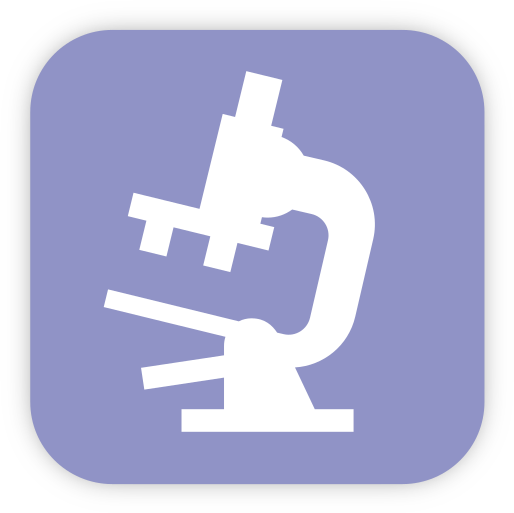
Thrust Area 3 tackles the challenges associated with the rewarming step of the biological systems to functional temperatures after cryopreservation, such as the mechanical stresses that arise due to inhomogeneous rewarming and the spontaneous ice recrystallization that can occur if samples are rewarmed too slowly. The goal is to rewarm systems rapidly enough to “outrun” ice formation and uniformly enough to prevent thermal gradients, even in systems as large as whole human organs.
The underlying physical property that governs the speed and uniformity of the rewarming process is heat transfer which is heavily size-dependent. Different technologies have been developed in the course of the last years and optimized across all testbeds.
Thrust Area 3 is supported by 12 projects involving researchers primarily at UMN, TAMU, UC Riverside and CMU, along with MGH and UC Berkeley. All 13 projects focus on achieving progress in:
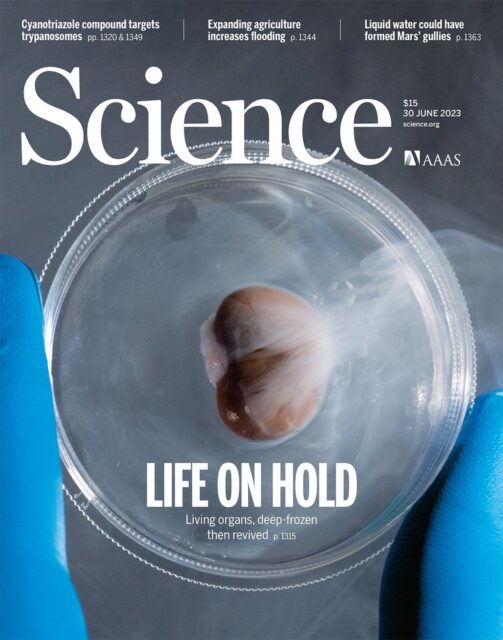
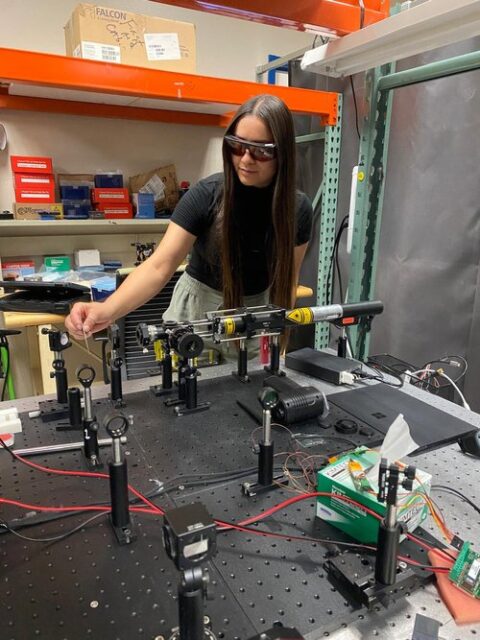
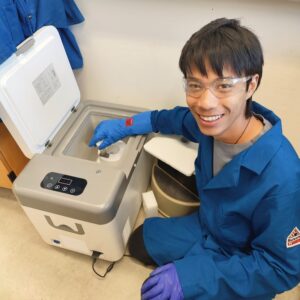
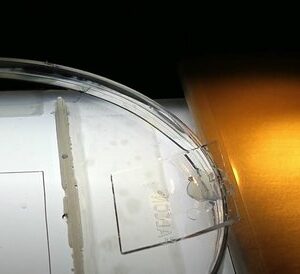
XThe accessibility of our website is taken very seriously. We strive to meet WCAG 2.1 AA Web Accessibility standards by routinely evaluating our website using automated evaluation tools and manual testing when required. As content changes we review and correct issues and are responsive to our users needs. If you encounter issues with our website, please report them so they may be corrected in a timely manner.